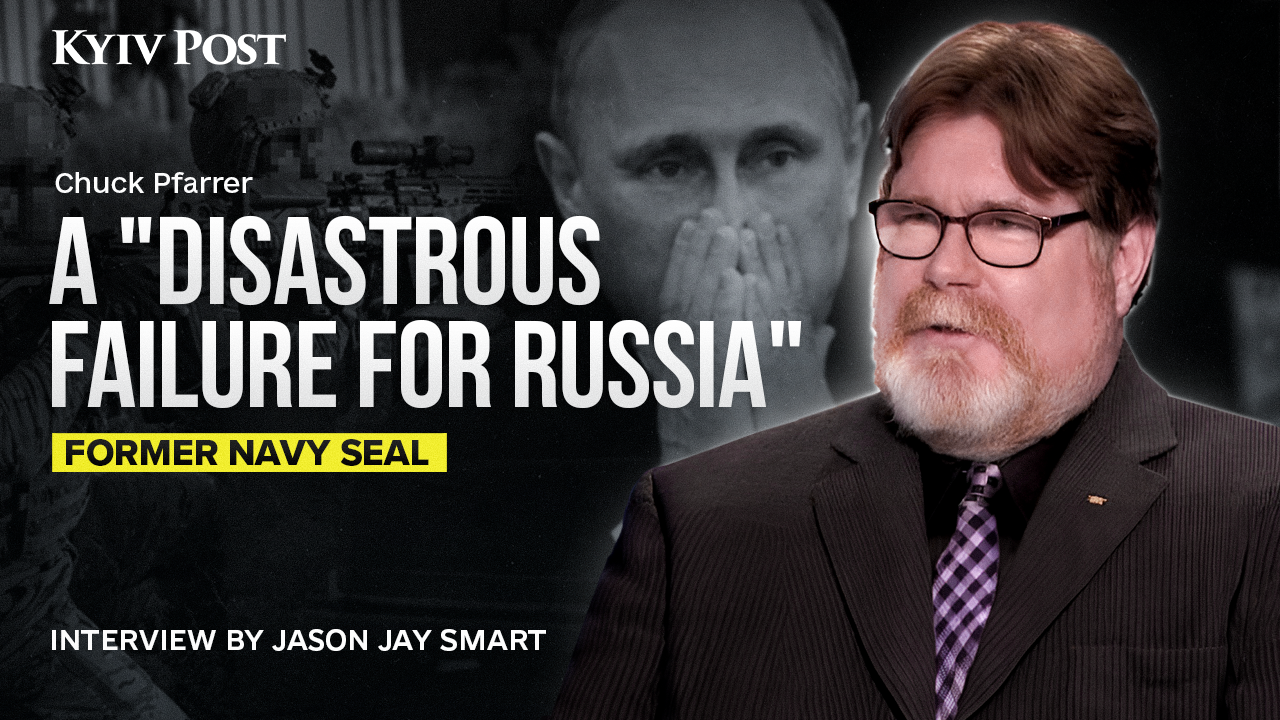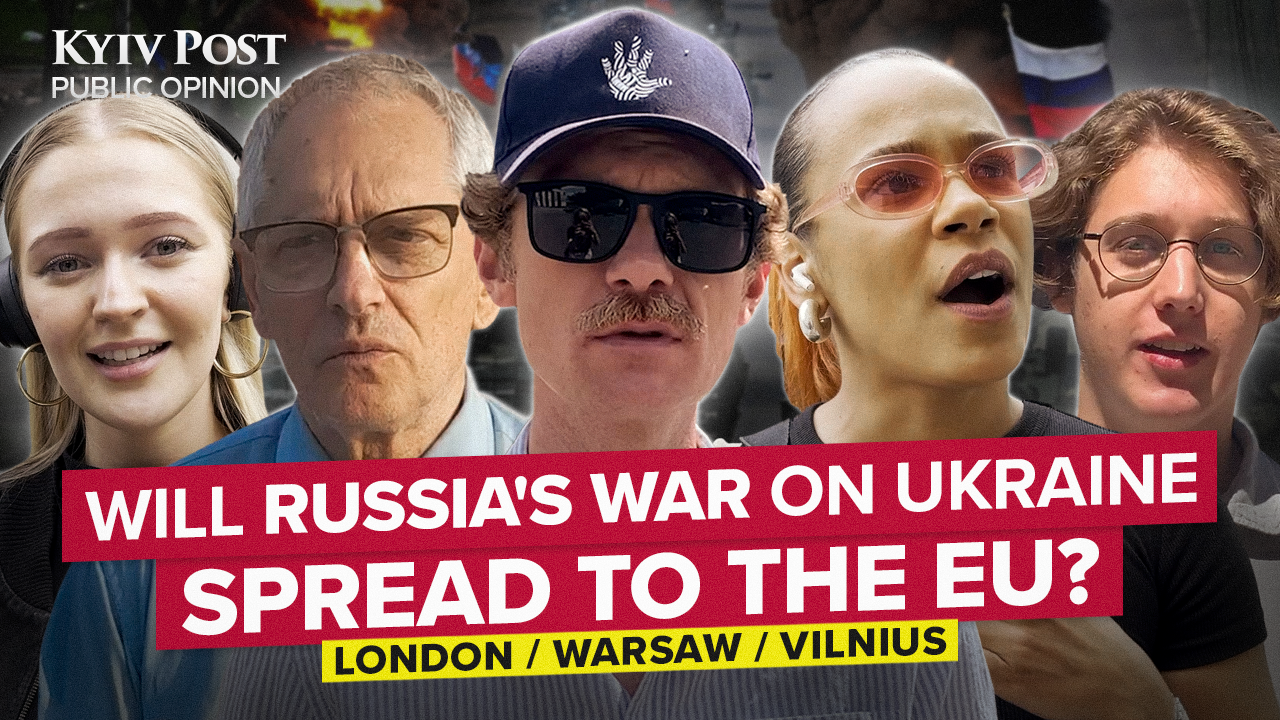As a longtime aid worker, I’ve been watching with growing dismay as my profession has grown ever more bureaucratic and ponderous over the years. Although its very reason for being is to provide lifesaving assistance in the most urgent of humanity’s hotspots, humanitarianism has become absurdly risk averse in a world where risk is rampant.
In Africa, where I worked for most of my career, large well-heeled international donors oblige tiny local charities to jump through countless hoops in order to receive the funds needed to deliver relief. Agencies with hundreds of millions of dollars in resources insist that small local groups sign 40-page contracts before they are eligible for paltry grants as small as $10,000. When these same small charities ask for financial support to buy equipment to carry out their work, they’re often told by their partners that they can only support “direct costs,” not things like cars or trucks.
JOIN US ON TELEGRAM
Follow our coverage of the war on the @Kyivpost_official.
Far too often, the voices of indigenous groups go unheard as grand relief strategies are developed by people far away in Brussels or Washington with only the most superficial knowledge of field realities. And efforts at coordination on the ground are driven by a UN-imposed coordination mechanism known as “clusters,” which any attendee will tell you is beyond byzantine in its complexity and inefficiency.
Disturbingly, this dysfunctional system has been delivered wholesale to Ukraine, with predictable results. As a recent article about Ukraine in New Humanitarian put it: “The process of applying for funding is so complicated and time-consuming that local NGOs can’t access the money they desperately need.”
The irony of all this is that these massive international non-governmental organizations (INGOs) and UN agencies that control the purse strings are largely dependent on local outfits to do what they call “last mile delivery,” that is, to get the necessary food, medicines and blankets to those who actually need them. Why? Because most of the large foreign aid agencies no longer do the difficult, dirty, dangerous work of aid delivery. Instead, they serve as intermediaries between those who provide the bulk of the money (bilateral donors, UN agencies, foundations, etc.) and the local groups who do the actual heavy lifting. This go-between role generates hefty overhead fees which provide for fleets of expensive 4x4 vehicles, shiny HQ buildings, and an army of well-paid foreign humanitarians who provide technical advice, ensure financial oversight, write donor reports, and manage the media.
“The current system is ripe for disruption.”
For decades, people like me have been claiming that our ultimate goal is to “work ourselves out of a job.” Obviously it sounds good. Who could argue with such an altruistic objective? In reality, it almost never happens, in part because despite years of solemn promises from the big donor countries, the vast majority of aid funding still goes to international not national NGOs.
My criticism is not of the individuals or the agencies involved. I have nothing but respect for the many highly motivated idealists who choose humanitarianism as a vocation. They are among the best men and women I have ever known. And the organizations they work for were founded many decades ago for the noblest of reasons – to help the neediest people in the world, those uprooted by war and famine. My dismay is with the system that’s subsequently evolved, one which is sluggish, bloated, and inefficient.
Efforts at coordination on the ground are driven by a UN-imposed coordination mechanism known as “clusters,” which any attendee will tell you is beyond byzantine in its complexity and inefficiency. Disturbingly, this dysfunctional system has been delivered wholesale to Ukraine, with predictable results.
A colleague of mine recently said that the current system is “ripe for disruption,” and I am certain that his opinion is shared by most in our field. A few years ago, in a rare but breathtaking New York Times opinion piece, an outgoing UN Assistant Secretary described the international body as “dysfunctional,” “a black hole” and suffering from “colossal mismanagement.” High level INGO criticism is much less frank, but in private conversations staffers there regularly bemoan the red tape and security constraints that keep them from working smarter, faster and better.
Africa, a continent I love, has become the world’s greatest recipient of relief aid, and the result is a sadly pathological and parasitic relationship between donors and recipients. It is deep and engrained and very few are willing to call it into question.
My dismay is with the system that’s subsequently evolved, one which is sluggish, bloated, and inefficient.
Ukraine, however, as a relative newcomer to the aid game, could be different. Instead of accepting their status as junior partners in providing humanitarian assistance, Ukrainian NGOs and foundations could be driving the agenda. It could be local people in places like Kharkiv and Kherson setting the goals, targeting the neediest communities, and managing the resources.
This would mean donors and their main international collaborators would have to take chances and roll the dice now and then. Accountability might suffer slightly in the early stages, and missteps would happen, but ultimately the results would be better. And, unlike so many other parts of the world, we foreign aid workers would finally be able to walk away from Ukraine, our heads held high.
The views expressed in this opinion article are the author’s and not necessarily those of Kyiv Post.
Chris Hennemeyer is currently based in Odesa where he has been volunteering with local NGOs.
You can also highlight the text and press Ctrl + Enter






